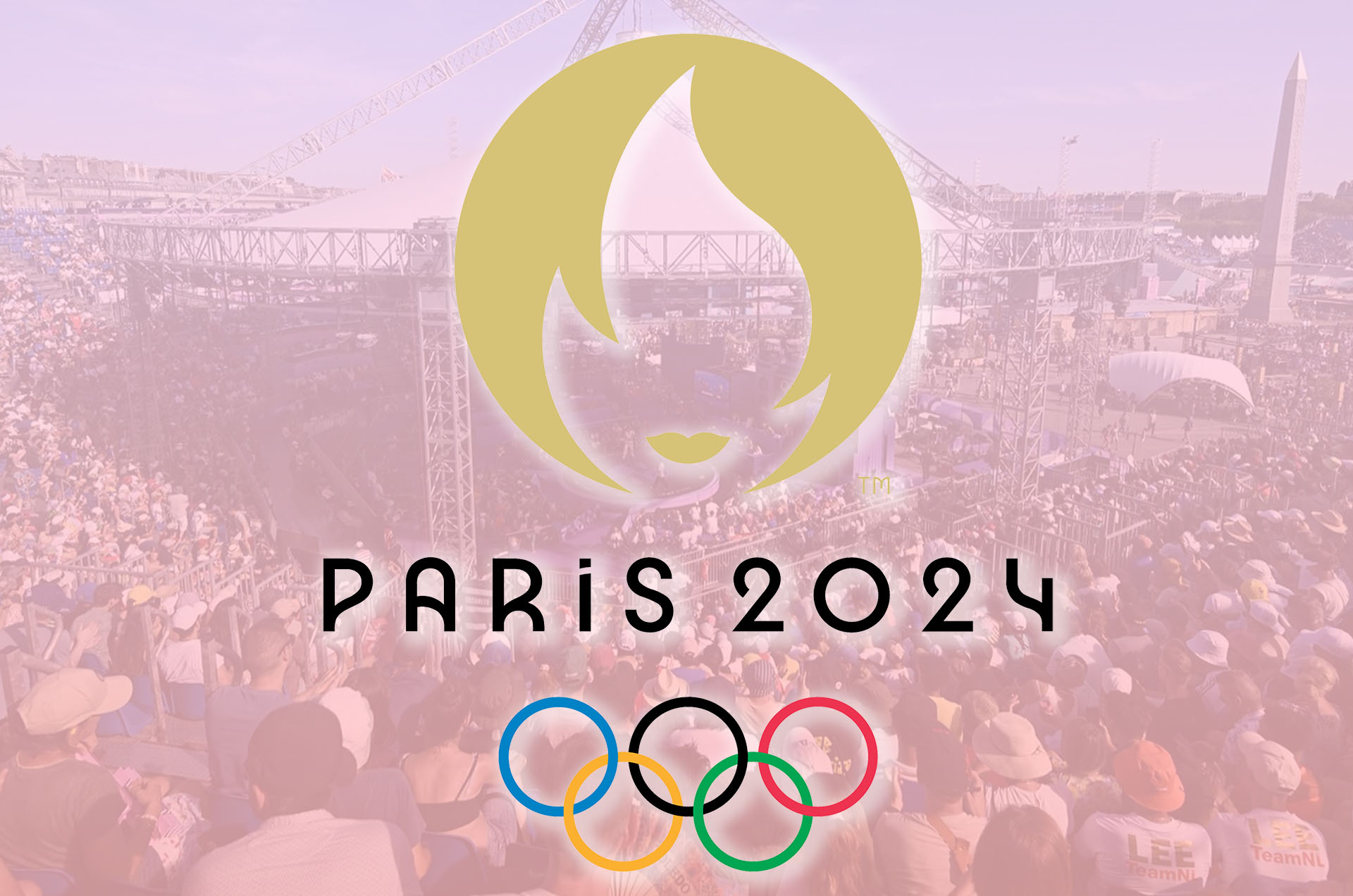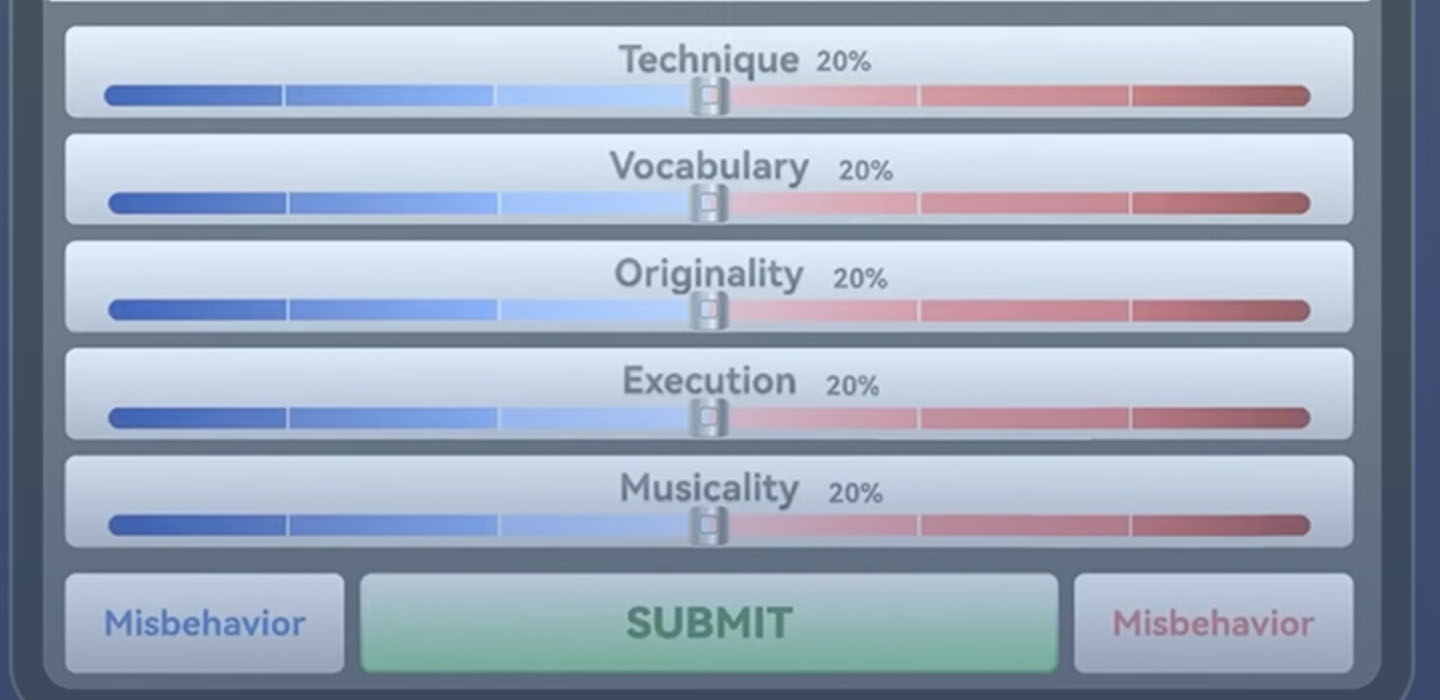It’s official! The 2024 Olympics in Paris came and went, marking Breaking’s (and by proxy – Hip Hop’s) debut inclusion as an Olympic event: Two sold-out days, filled with Breaking legends and icons mixed in with curious spectators in attendance. The energy was electric, both from the athletes and the crowd – but did it live up to the hype? Did the event garner enough positive feedback for Breaking to return in future Olympic appearances?
This article highlights the Breaking event as a whole, from the overall vibe and judging, to the women’s and men’s results, questionable moments, and lasting impressions.
Coming into the summer, we took a stance on dance’s place as a sport with “The Olympic Hope for Dancers to Be Valued Like Athletes.” Now that the dust has settled and we can reflect on the event itself, we’ll weigh in on our thoughts about the future of dance and Breaking in the Olympics.

Setting the Vibe
Held at Place de la Concorde, one of Paris' main plazas and the same site that held the BMX and skateboarding events, Breaking kicked off its event with none other than Snoop Dogg, making a grand entrance to his 2004 hit “Drop It Like It’s Hot.” He swaggered and crip-walked to the stage, immediately stamping the Hip Hop presence from the beginning.
It was a circular stage, similar to other premium Breaking events like Red Bull BC One, and featured a gigantic boombox backdrop that enclosed the arena. Two emcees hosted the event and DJ Fleg of the United States and DJ Plash of Poland were designated to curate the music.
Judging and Scoring
Below the boombox, front and center of the action, were our 9 judges. Based on their expertise and significant contributions to the global Breaking community, the nine judges for the Breaking were: Storm (Germany), Crazy Legs (USA), Aya (Japan), Renegade (UK), Katsu One (Japan), Focus (Finland), Djura (Netherlands), Kapela (France), and Karima (France).
With an iPad in hand, these judges assessed each Breaker’s rounds based on five criteria: technique, originality, execution, vocabulary (variety of moves, styles, and transitions), and musicality. The graphic below is a sample of how this works.

At the end of each round, the judges would have to quickly assess what they saw using these sliders while staying alert and present for the other competitor immediately starting their next round. By the end of the battle, the results are shown on two enormous monitors on each side of the boombox. Each round is determined by majority votes, with red and blue representing each competitor. What does this mean? If Breaker “Red” gets 5 of the 9 judges’ votes in round 1, then he/she wins that round. But if Breaker “Blue” wins the majority votes of rounds 2 and 3, then Breaker “Blue” wins the overall battle.
Round Robin Format
The event consists of one-on-one battles between two athletes. Each battle consists of 2 or 3 rounds. Both the men’s and women’s divisions had 16 competitors, divided into four groups: Groups A, B, C, and D. The total number of votes in each round would be tallied and the top two vote-getters in each group would make it to the Quarter-finals.
Japan, Lithuania, & China Make the Podium in The Women’s Division
Day 1 was all about the women’s division. The preliminary rounds were a little shaky to start. It seemed as if some Breakers were not as sharp, succumbing to the pressure. But as the rounds progressed and the better B-Girls advanced, the event began to deliver the excitement it was known for. Unfortunately for Canada, we had no representation in the women’s division this year.
Making it past the Quarter-finals were Ami (Japan) vs. India (Netherlands) and 671 (China) vs. Nicka (Lithuania). Ami and Nicka both won the Semi-finals convincingly, meeting in the gold medal battle. Nicka held her own, but Ami was too technically sound to lose any of her rounds, winning 3-0 and the gold medal.
The medal results for the women’s division were:
- Gold – Ami (Japan)
- Silver – Nicka (Lithuania)
- Bronze – 671 (China)
Canada Wins Gold in The Men’s Division!
The men took center stage on day 2. They had great energy from the start with strong battles in the preliminary rounds. As our lone Canadian representative, Philip “Phil Wizard” Kim was the top vote-getter in Group B and advanced to the Quarter-final round.
Dany Dann (France) went up against Victor (USA) while Shigekix (Japan) took on Phil Wizard (Canada) in the Quarter-finals, resulting in Dany Dann and Phil Wizard squaring off for gold in the finals.
And if it wasn’t on your social media feed already – Phil Wizard and Canada take the gold! Woot! Woot!
The medal results for the men’s division were:
- Gold – Phil Wizard (Canada)
- Silver – Dany Dann (France)
- Bronze – Victor (USA)
Breaking Scored a Mixed Review at the 2024 Summer Olympics
Breaking had a lot of great moments. Both days were sold-out events. Refugee Breaker, Manizha Talash aka “B-Girl Talash,” channelled her rebellious vibe by revealing a “Free Afghan Women” cape during her pre-qualifier battle. It garnered a positive crowd reaction but also led to her being disqualified for violating the Olympics' ban on political statements, a statement more important to her than advancing. Snoop Dogg epitomized the essence of Hip Hop by opening the event. We saw powerful performances from an entirely disabled B-Boy crew called, “Ill Abilities” and a showcase from the legend, Salah.
At the forefront of its success, the Breakers in both divisions represented Hip Hop and Breaking to the fullest. Displaying a balanced array of technicality, artistry, and athleticism, the athletes received thunderous applause round after round from the electric crowd.
Despite these high spots, questions were raised about the overall presentation and authenticity of the event. One specific Breaker, Rachel Gunn aka “B-Girl Raygun” of Australia, broke the internet, but not because of her Olympic-level skill. She was swept out of the round-robin stage without earning a single point and her unconventional moves landed flat while failing to match the skill level of her foes. “It's almost like they are mocking the genre,” wrote one user on X.
To say bringing Hip Hop culture to a global audience was a challenge for Olympic organizers would be a massive understatement. The event was co-opted by officials, commercialized, and put through a rigid judging structure, a far departure from the original spirit of Breaking, rooted in local communities, cyphers and block parties.
Is this the direction that both the Olympics and Hip Hop want to continue for the foreseeable future? Both have their own agendas and this commitment to each other would entail altering and evolving its authenticity to a place neither may not envision. Will Hip Hop heads welcome the evolution of Breaking into a commercialized entity with strict rules and regulations? Does the Olympic committee want to permanently include an event with the rawness and subjectivity of Breaking? It’s hard to say at this point, but there are many conversations in all corners of the world trying to figure that out.

Final Thoughts
While the future of Breaking in Olympics hangs in the balance, Los Angeles and the 2028 Olympics have already said it will not be part of its program and the odds of Breaking returning for the 2032 Olympics in Brisbane are bleak.
For a sport to be included in the regular sports program at the Summer Olympics, it has to be included at three Games in a row. So, the fact that Breaking is left off the 2028 sports program already at the host country where Breaking was born, is a significant blow.
What we can say without a shadow of a doubt is that Breaking was an Olympic event. 50+ years of growth, evolution, and hardships, Hip Hop was a part of the 2024 Summer Olympic Games. The Breakers put their best foot forward and held it down for the Hip Hop community worldwide. And for us Canadians, the first (and potentially only) gold medal for the men’s division, was awarded to Canada’s very own, Philip “Phil Wizard” Kim.
The 2028 Olympics may have shut the door on Breaking initially, but who knows what four years of advocating, support, and effort can manifest for its Olympic future. PULSE will definitely be rooting for Breaking to come back. What are your thoughts?

